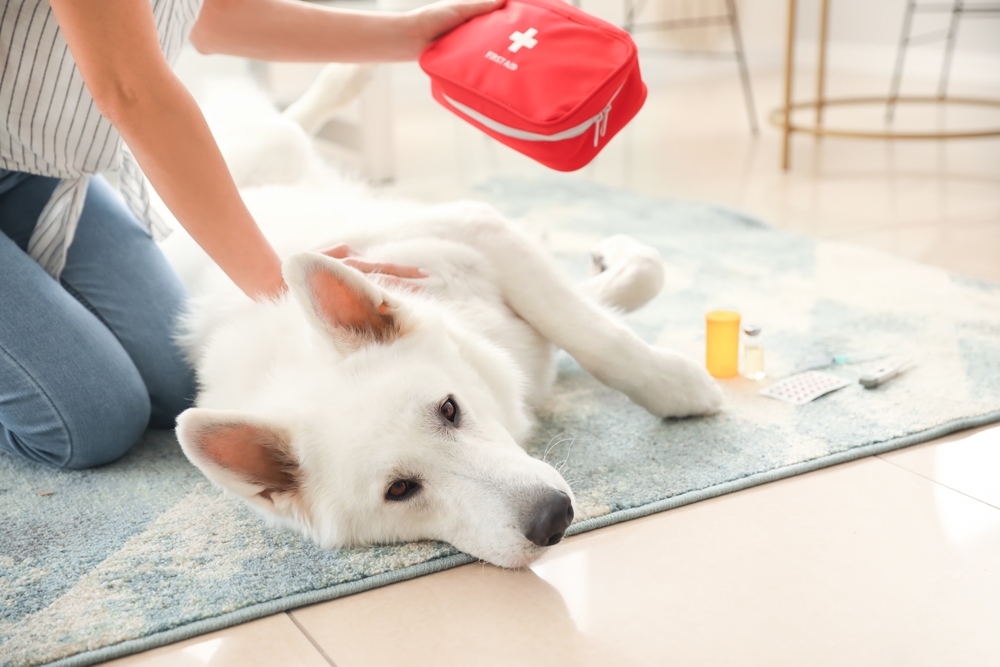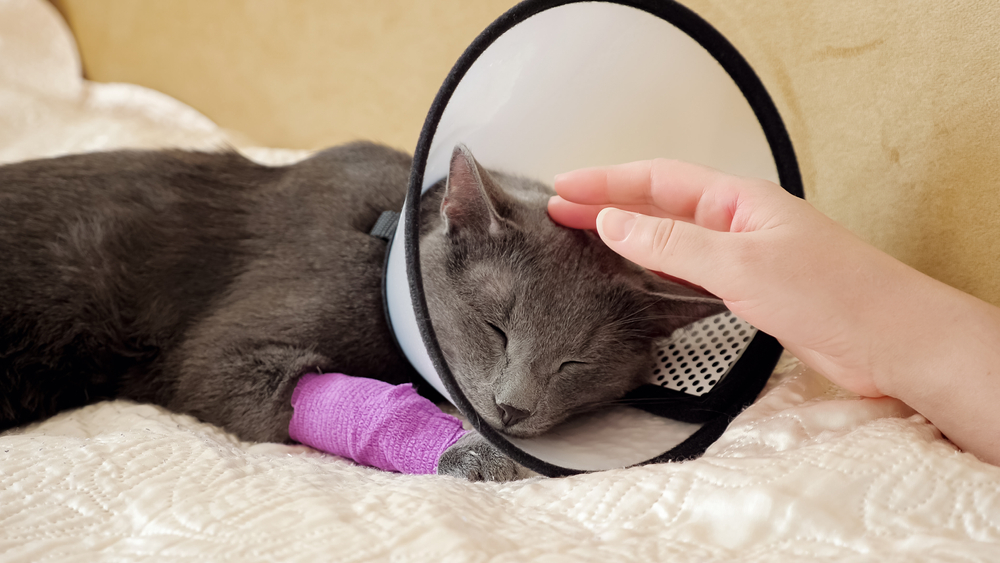As a pet owner, it’s not always easy to know when your pet needs immediate care or when their condition can wait for a regular veterinary appointment. Understanding the difference between emergency and urgent care can save valuable time and ensure your pet gets the help they need when it matters most. At Memorial Villages Animal Hospital in Houston, Texas, we offer both emergency and urgent care services to address a range of pet health concerns. Here’s how to determine whether your pet’s situation requires emergency intervention or urgent care.
I. Understanding Emergency Care
Emergency care involves life-threatening situations that require immediate veterinary attention. Delaying treatment could put your pet’s life at risk. Emergencies can be obvious, such as after a traumatic injury, but they can also include severe internal issues that aren’t visible to the naked eye.
Signs Your Pet Needs Emergency Care:
- Difficulty breathing or choking on a foreign object.
- Uncontrolled bleeding or deep wounds.
- Seizures, fainting, or loss of consciousness.
- Severe trauma (e.g., being hit by a car or falling from a significant height)
- Ingestion of toxic substances (like chocolate, medications, or household chemicals).
- Unproductive retching can be a sign of bloat (gastric dilatation-volvulus), which is a life-threatening condition commonly seen in large-breed dogs.
- Inability to urinate
- Pet left in a hot car
In these cases, seeking immediate emergency care is critical to your pet’s survival. For more details on emergencies and how we can help, visit our Emergency & Urgent Care page.
II. When Urgent Care is Appropriate
While urgent care is not for life-threatening conditions, it addresses issues that still require prompt attention to prevent further complications. These cases are serious but not immediate emergencies.
Signs Your Pet Needs Urgent Care:
- Limping or walking oddly that isn’t improving.
- Minor cuts or wounds that need cleaning and treatment.
- Persistent diarrhea or vomiting without severe dehydration or other critical symptoms.
- Eye infections or conjunctivitis that require treatment.
- Sudden changes in behavior, such as lethargy or loss of appetite, that last more than 24 hours.
If your pet is showing any of these signs, bringing them in for urgent care will help alleviate their discomfort and prevent the situation from escalating.
III. Assessing Your Pet’s Condition
When your pet is showing unusual symptoms, it’s important to evaluate their condition quickly and accurately. Here’s how to assess whether the situation requires emergency or urgent care:
- Airway: Is your pet breathing normally?
- Breathing: Look for signs of distress such as labored breathing or panting at unexpected times.
- Circulation: Check for white coloration of the gums or a weak pulse.
- Disability: Is your pet able to walk normally, or are they showing signs of incoordination or confusion?
- Exposure: Has your pet been exposed to any known toxins, excessive heat, or cold?
If any of these signs are concerning, contact Memorial Villages Animal Hospital immediately to seek advice on the next steps. You can also call us for urgent inquiries.
IV. What to Expect During Emergency Care
When you bring your pet in for emergency care, a veterinary team will quickly evaluate their condition through a process called triage. This allows the team to determine the severity of your pet’s condition and prioritize treatment accordingly. Depending on the issue, your pet may require advanced diagnostics such as digital imaging or immediate surgery.
Advanced Diagnostics: Tools like digital imaging help us diagnose fractures, internal injuries, or foreign body ingestion with precision. For more information on this technology, visit our Digital Imaging page.
V. What to Expect During Urgent Care
Urgent care at Memorial Villages Animal Hospital involves a comprehensive physical examination and the development of a treatment plan tailored to your pet’s needs. Depending on the condition, this may involve wound care, medications, or follow-up appointments.
VI. Preparing for Emergencies

The best way to handle emergencies is to be prepared. Here are some steps you can take to ensure you’re ready:
- Create a Pet Emergency Kit: Include items such as bandages, antiseptic wipes, gauze, and your pet’s medications. Also, have the phone number of your nearest emergency clinic handy.
- Keep Your Pet’s Records Accessible: Having access to your pet’s medical history can save time in an emergency. You can access your pet’s records through our Pet Portal for added convenience.
Conclusion
Knowing when to seek emergency versus urgent care can make all the difference in your pet’s health. By understanding the signs of an emergency and being prepared for urgent situations, you can act quickly and confidently. At Memorial Villages Animal Hospital, we are here to guide you through these decisions and provide the care your pet needs. If you are concerned about your pet potentially needing urgent or emergency care, please call us for advice.









Leave A Comment